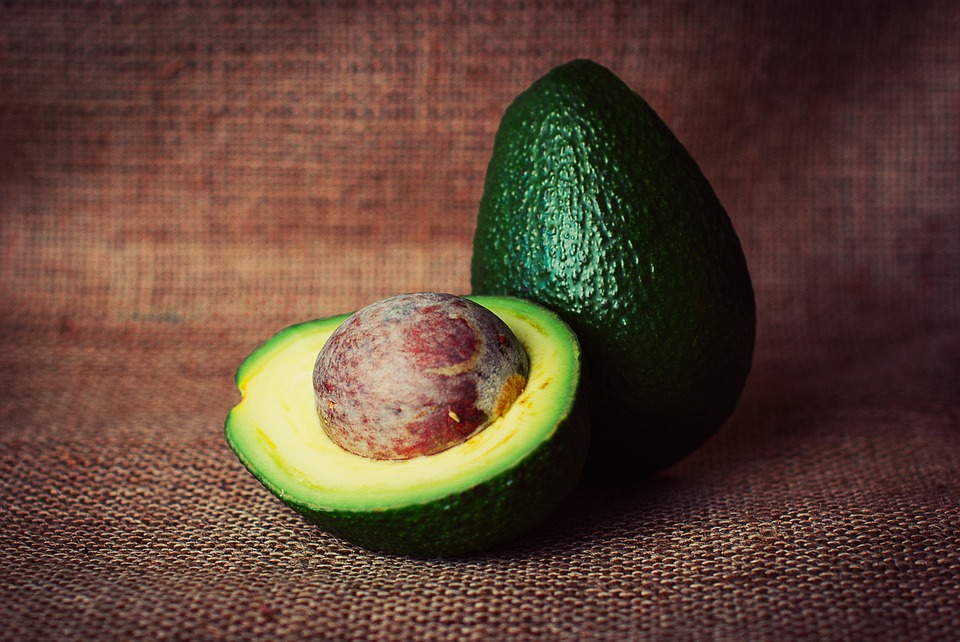An Omnivore's Guide to Clean Protein
milk
Meat consumption has dramatically increased in the US over the past century, and sadly, the quality of meat has declined. A large amount of the meat consumed is of poor quality, originating in confined animal feeding operations (CAFOs) where animals are kept in unclean and inhuman conditions. These animals are fed a diet of mostly GMO grains instead of grass, resulting in meat that is full of Omega 6’s. Furthermore, these animals are injected with hormones and antibiotics that also end up on your plate.
Grass-fed and pastured meat (as well as dairy and eggs) is superior to that from animals raised in CAFOs in many ways:
Higher in total Omega 3’s
Higher in CLA, a potential cancer fighter
Higher in vitamin E
Higher in B vitamins thiamin and riboflavin
Higher in minerals magnesium, potassium, and calcium
Higher in beto-caroten
When you are next faced with the decision between the factory farmed meat and the organic, pastured meat, remember that a healthy animal means a healthy you.Your Healthy Meat Eating Guide:
Choose grass-fed, pasture raised organic meats.-By choosing these meats you are getting healthy Omega 3’s which fight inflammation, you are also skipping out on all the added hormones, as well as antibiotics that destroy your healthy gut bacteria.
Avoid all processed meats-The World Health Organization (WHO) has listed processed meats as carcinogenic. This includes deli meats and bacon.
Eat the correct portion size- The healthy portion size is the same size of a deck of cards. Stick to this portion, and fill the rest of your plate with vegetables. You will also find that when eating the correct portion size, your grocery bill will significantly lower. It doesn’t have to be expensive to eat organic, grass-fed or pastured meat. Just eat the correct portion and your pocket book will not suffer.
Limit your intake of red meat. -The WHO also disclosed that high levels of red meat can be carcinogenic so it’s best to limit your intake. Instead, try replacing with lean protein such as chicken, fish, or plant based protein. And don’t forget about the power of eggs! Each egg has six grams of protein.
Prepare the right way-Studies have shown that high-temperature cooking methods such as charring, smoking, frying, or grilling leads to the production of compounds called polycyclic aromatic hydrocarbons (PAHs) and heterocyclic amines (HCAs) which have been shown to cause cancer in animals. As an alternative to cooking your meat at high-temperature, I encourage you to cook with low-temperature, slow-cooking methods such as baking, poaching, stewing, and roasting.
And don't forget plant based sources of protein!!
avo
One of the most popular misconceptions that people have about a plant based diet is that it is impossible to get enough protein without meat. Well guess what? I’m here to inform you that this is a myth!
It is entirely possible to get your daily requirement of protein without eating meat. In fact, the leanest, cleanest sources of protein are beans and other legumes, as they are free of hormones and antibiotics.
To find out all the complete plant based proteins available, click HERE. I encourage you to have at least one meat-free day a week. It will do a world of good for the environment.
Happy Clean Eating!
Health Coach Jenna


